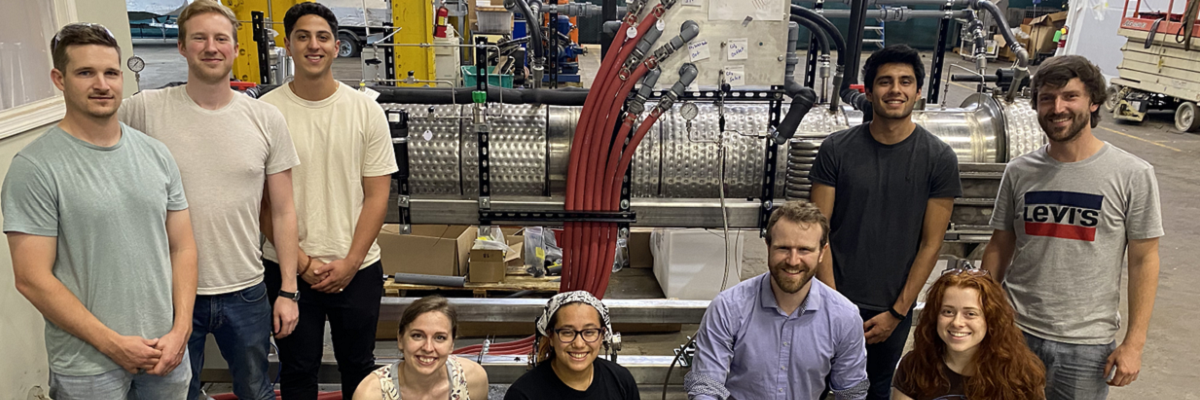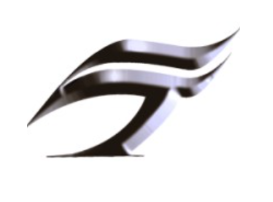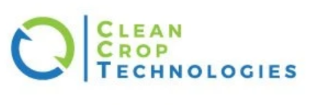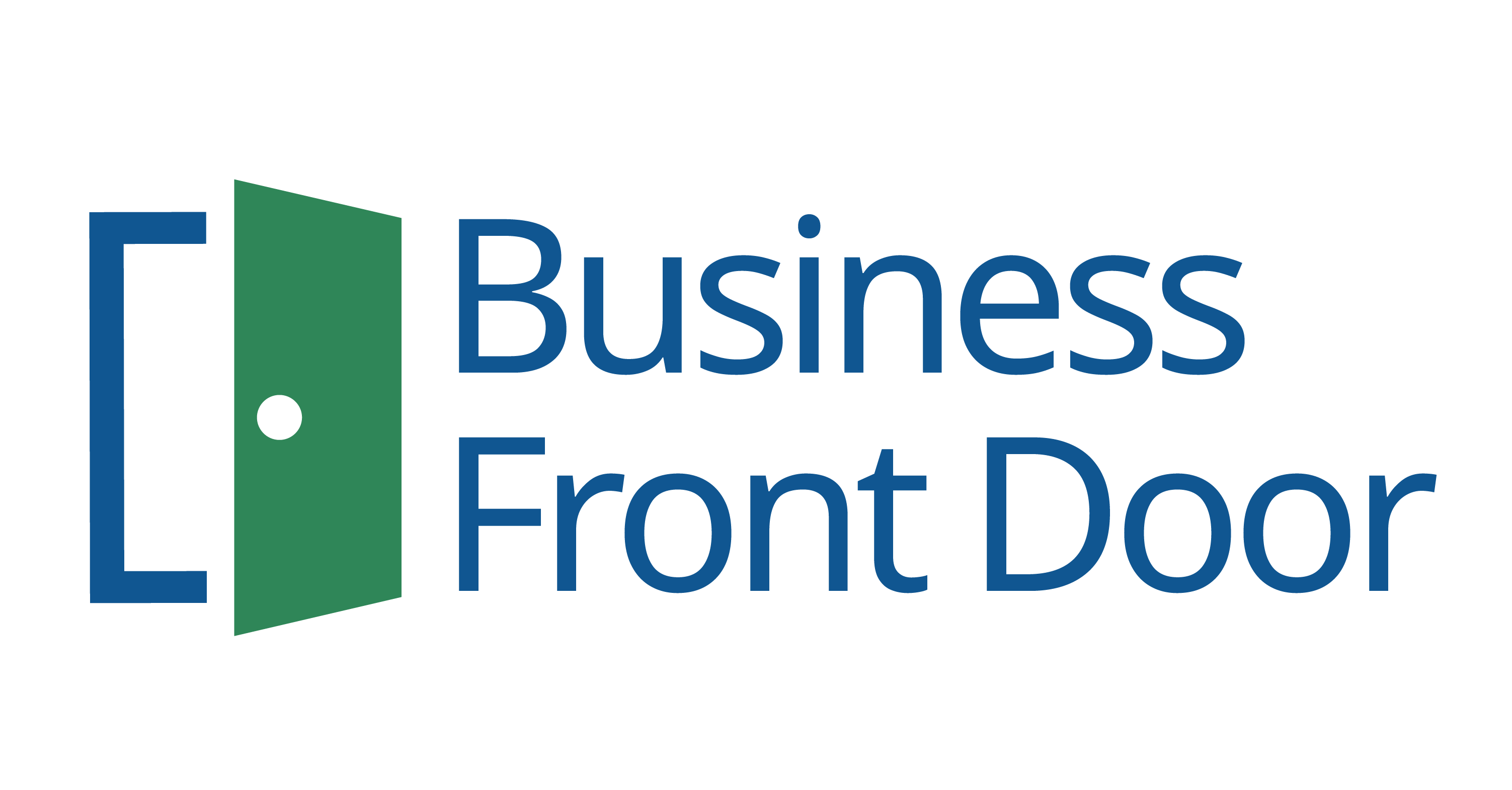
MassCEC / Tech to Market / Funding / InnovateMass
The Challenge: Bridging the Funding Gap
To support companies facing the so-called "commercialization valley of death,” a widely-recognized funding gap that exists between early-stage support offered by angel investors and later-stage support historically provided by venture capital and strategic investors.
About InnovateMass
The InnovateMass program provides up to $350,000 in grant funding and technical support to applicant teams deploying new clean energy technologies or innovative combinations of existing technologies with a strong potential for commercialization. Successful applicants will propose projects that address important energy challenges within our four focus areas, help to grow the state’s clean energy economy, and contribute to Massachusetts’ continued clean energy leadership.
This round of InnovateMass includes a “Gridtech Spotlight” opportunity -- a chance to partner with a Massachusetts electric utility on a grid technology (“Gridtech”) demonstration. Full details are in the Request for Proposals and Project Partner Appendix.
We're excited that you're learning about one of our programs! Please also use Massachusetts' Business Front Door service, which suggests additional state resources every step of the way as your company grows.
Funding Schedule
InnovateMass is a rolling funding program that operates under a trimester deadline schedule. The deadline for the current round is March 9, 2026. If you are submitting under the Gridtech Spotlight (details in the RFP), concept papers are due to Project Partners by January 12, 2026.
For full Program details, please refer to the InnovateMass RFP.
Process Step |
Approximate Timing |
|---|---|
Concept paper submission deadline (for Gridtech Spotlight applicants only) |
January 12, 2026 |
Next application deadline |
March 9, 2026 |
Notification of finalist status |
Mid-April 2026 |
Pitch coaching for finalists |
Late April - Late May 2026 |
Finalists pitch |
Week of May 25, 2026 |
Final award decisions |
Early July 2026 |
Contracting concludes; projects begin |
September 2026 |
Apply
Application Process
This standard Program invites participation in a two-part application process:
- Submit an application
- If invited, pitch proposal to a panel of program judges
For those participating in the GridTech Spotlight, there is a three-part application process:
- Submit a concept paper
- Submit an application
- If invited, pitch proposal to a panel of program judges
For full Program details, please refer to the InnovateMass RFP.
Please fill out and submit your full application on this platform.
A preview of the on-line application can be found at the end of the RFP in Attachment A. This is a sample for reference only.
Application Materials
Additional Resources
- The Massachusetts Founder Network aims give Massachusetts startup founders equitable access to resources that will help their companies grow.
- Learn about Incubators and Accelerators in Massachusetts.
2024 InnovateMass Awardees

florrent
- Awarded $244,458 with $122,916 in total cost share
- florrent is an advanced materials company pioneering bio-derived activated carbon technology to develop high-energy-density ultracapacitors, enabling affordable and efficient energy storage solutions for power generation, transportation, and industrial sectors, while promoting environmental justice through a sustainable supply chain powered by hemp biomass.

STec Technology, Inc.
- Awarded $220,000 with $130,000 in total cost share
- STec Technology, Inc. is advancing its Reactive Cyclical Induction (RCI) System, which reduces CO2 and NOx emissions from diesel marine engines, with pilot testing on a 265HP engine in New Bedford Harbor and plans to scale to a 2000HP fishing vessel.

Matcha Electric
- Awarded $335,500 with $208,300 in total cost share
- Matcha Electric is a Boston-based technology company delivering turnkey EV charging solutions for multifamily properties, with initiatives like "PowerUp Mass" installing no-cost chargers in affordable housing communities to make clean transportation accessible and advance EV adoption in underserved areas.

Clean Crop Technologies
- Awarded $350,000 with $176,541 in total cost share
- Clean Crop Technologies uses cold plasma to remove pathogens from seeds, enhancing yields, reducing food waste, and improving food safety with only electricity and air, and is piloting its Clean Current technology with Chang Farm to validate its commercial readiness in the sprout production sector.
Frequently Asked Questions
1. How do I know if my technology qualifies as climatetech under this program?
- “…advanced and applied technologies that significantly reduce or eliminate the use of energy from non-renewable sources including, but not limited to: (i) energy efficiency; (ii) demand response; (iii) energy conservation; or (iv) technologies powered, in whole or in part, by the sun, wind, water, geothermal energy, including networked geothermal and deep geothermal energy, hydrogen produced by non-fossil fuel sources and methods, alcohol, fuel cells, fusion energy, nuclear fission or any other renewable, nondepletable or recyclable fuel…”
- …advanced and applied research in new clean energy technologies including: (i) solar photovoltaic; (ii) solar thermal; (iii) wind power; (iv) geothermal energy, including networked geothermal and deep geothermal energy; (v) wave and tidal energy; (vi) advanced hydropower; (vii) energy transmission and distribution; (viii) energy storage; (ix) renewable biofuels, including ethanol, biodiesel and advanced biofuels; (x) renewable, biodegradable chemicals; (xi) advanced thermal-to-energy conversion; (xii) fusion energy; (xiii) hydrogen produced by non-fossil fuel sources and methods; (xiv) carbon capture and sequestration; (xv) energy monitoring; (xvi) green building materials; (xvii) energy efficiency; (xviii) energy-efficient lighting; (xix) gasification and conversion of gas to liquid fuels; (xx) industrial energy efficiency; (xxi) demand-side management; and (xxii) fuel cells; and (xxiv) nuclear fission; provided, however, that ''clean energy research'' shall not include advanced and applied research in coal, oil, natural gas…
- …and any other advanced and applied technologies that contribute to the decarbonization of the economy, reduce and mitigate greenhouse gas emissions or mitigate the impact of climate change through adaptation, resiliency, and environmental sustainability”
- (See M.G.L. c. 23J § 1 as amended pursuant Chapter 179 of the Acts of 2022 “An Act Driving Clean Energy and Offshore Wind” and as further amendment pursuant “An Act Relative to Strengthening Massachusetts’ Economic Leadership” and “An Act Promoting a Clean Energy Grid, Advancing Equity and Protecting Ratepayers”)
- Please note that technologies related to coal, oil, woody biomass, natural gas (except where used in fuel cells) will not be considered Climatetech for purposes of this RFP.
MassCEC / Tech to Market / Funding / InnovateMass
Additional Funding Opportunities
Innovation Ecosystem Program (IEP)
- Track 1: Up to $120k Programming Support
- Track 2: Up to $120k Programming Support + $900K Entrepreneur Fellowship Grant
- Concept Paper Deadline: Tuesday January 13, 2026 by 5 pm ET
- Full Application Deadline: Tuesday March 17, 2026 by 5 pm ET
Clean Energy Internship Program for Employers
$4,320/intern for Fall or Spring session; $8,640/intern for Summer session or for Construction, Installation, and Maintenance
